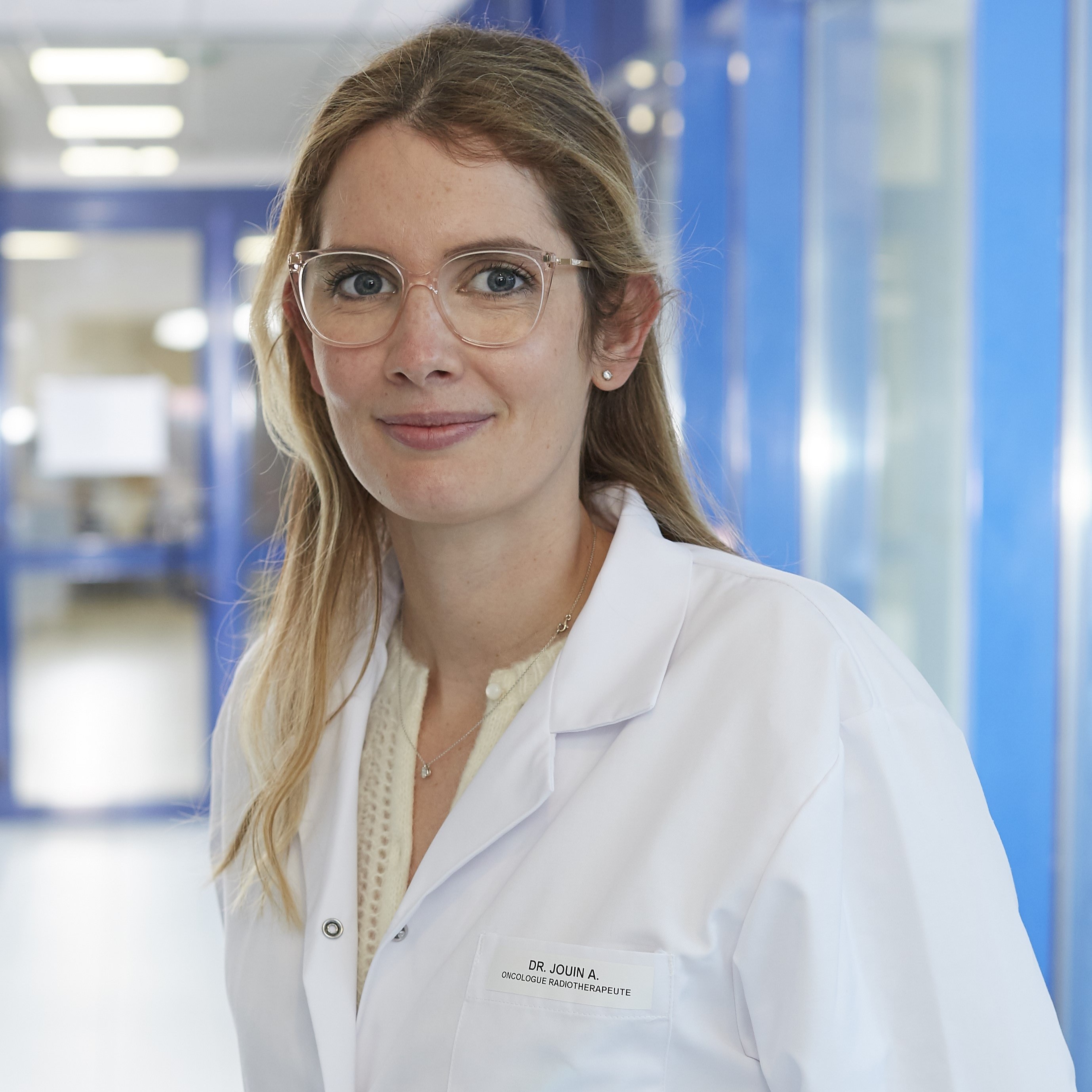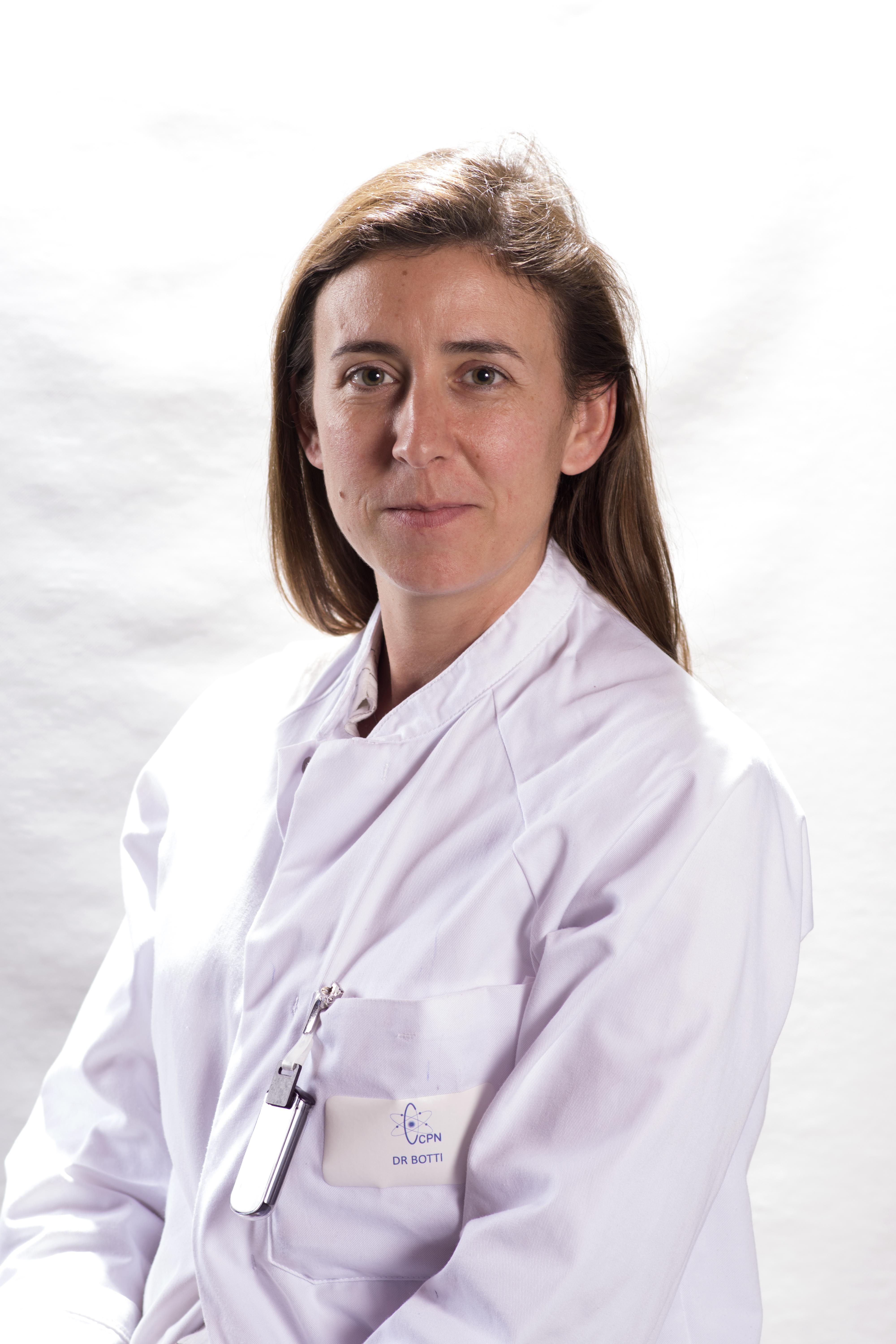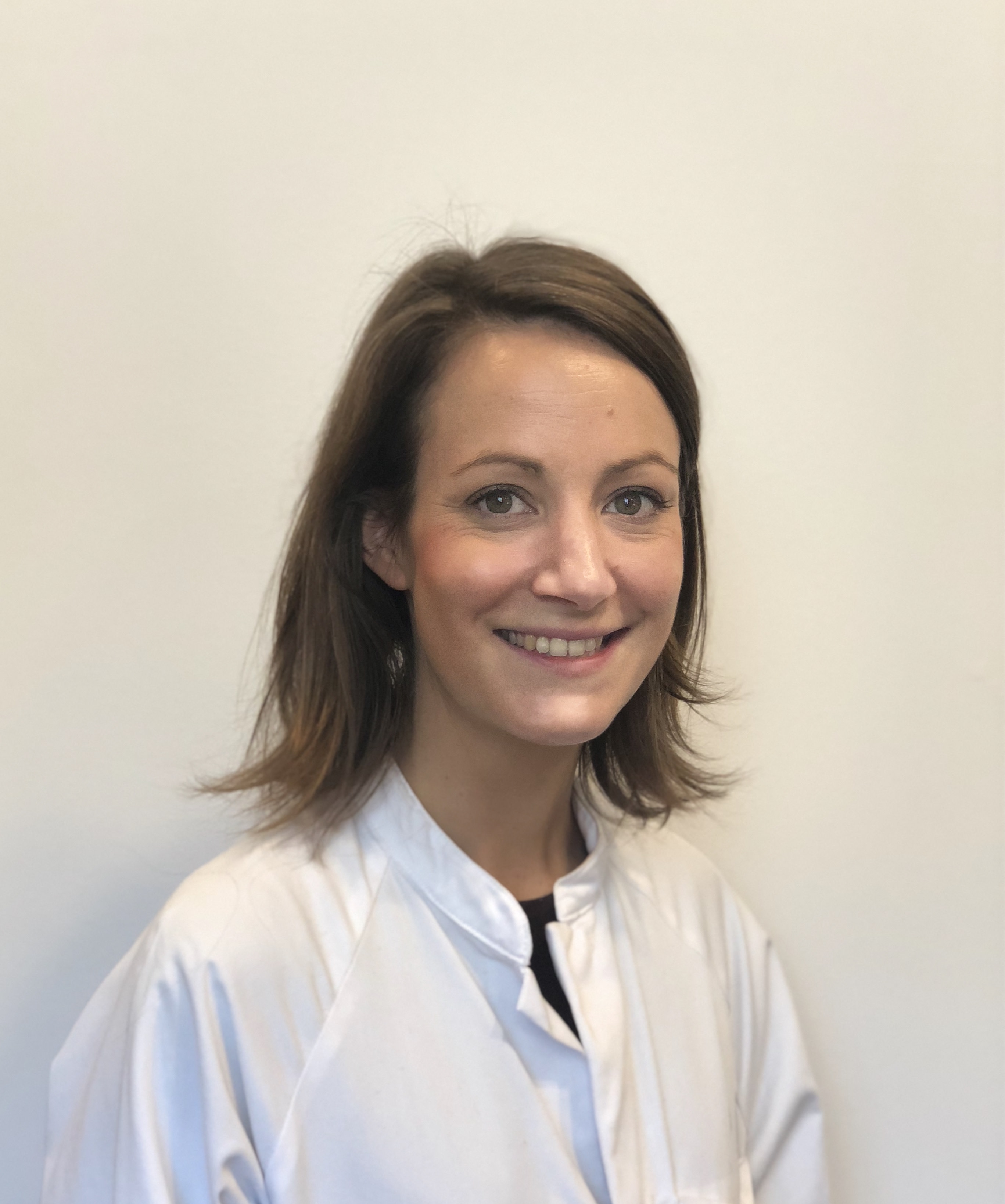What is clinical or radiation oncology?
Clinical or radiation oncology is the medical specialty dedicated to the treatment of cancers using radiotherapy. Radiotherapy targets tumours using radiation from radioactive elements to destroy cancer cells. It can be used on its own, or in combination with other types of cancer treatment (surgery, chemotherapy, etc.).
What does a clinical oncologist do ?
The clinical oncologist, or radiation oncologist, makes decisions on giving radiotherapy treatment, such as the:
- Site
- Intensity
- Healthy tissues to be preserved.
The clinical oncologist works as part of a specialised team comprising a medical physician who prepares and carries out dosimetric studies and the technical monitoring of radiotherapy equipment, and a dosimetrist who prepares and plans the radiotherapy treatment according to the:
- Type and stage of the cancer
- Organ to be treated
- Patient’s age
- Treatments previously administered.
The clinical oncologist ensures the smooth running of the radiotherapy treatment, particularly how it is supported by the patient. If necessary, they will prescribe medication to ease any potential side effects.
When to see a clinical oncologist
The intervention of a clinical oncologist is part of a collective approach to treating cancer, and is decided during multidisciplinary team (MDT) meetings with the other specialists involved in a particular case (medical oncologists, anatomical pathologists, organ specialists, etc.). The clinical oncologist may also be consulted as part of the follow-up care given to a patient with a history of cancer who has already been treated with radiotherapy.Il peut aussi être consulté dans le cadre du suivi régulier d’un antécédent de cancer traité par radiothérapie.
What are the risks of radiotherapy treatment?
While radiotherapy destroys a tumour, it can also affect surrounding healthy tissue. Potential side effects will depend on the function of the area treated, the size of the area treated, the dose delivered, the patient’s sensitivity to radiotherapy and their general health. Immediate effects (redness of the treated area, fatigue, skin damage, loss of appetite, nausea and vomiting, etc.) are different from late effects (that vary depending on the treated area), which may be observed in the following months.






















